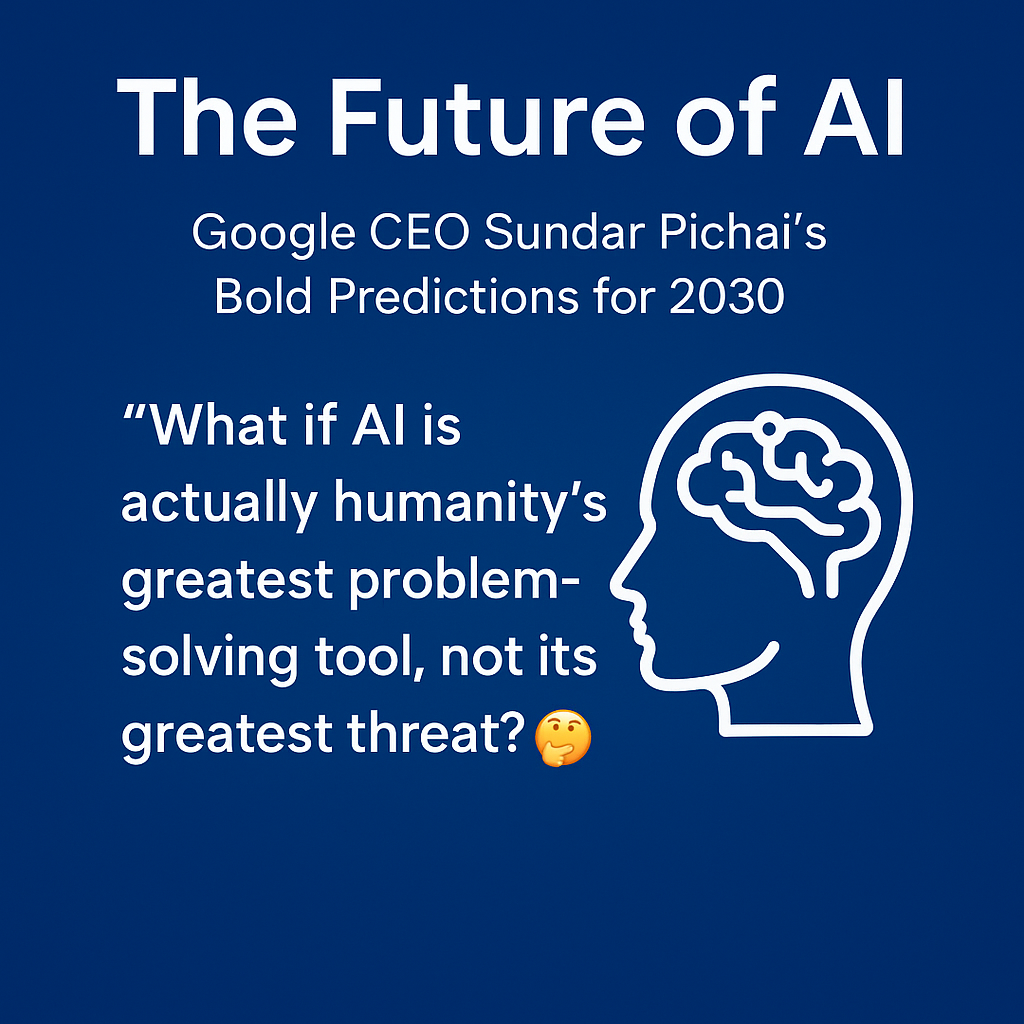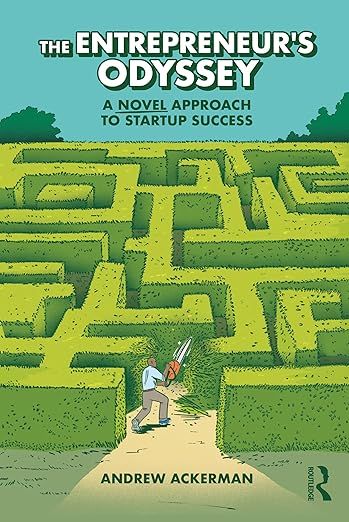Sundar Pichai's AI Predictions for 2030 and Their Implications

Sundar Pichai's AI Predictions for 2030 and Their Implications
This briefing summarizes key predictions and insights from Sundar Pichai, CEO of Google and Alphabet, regarding the future of Artificial Intelligence by 2030, as discussed in the "Ninja AI podcast." The information is crucial for businesses, technology developers, and individuals navigating the evolving AI landscape.
I. The Current State: Artificial Jagged Intelligence (AJI)
Pichai characterizes the current AI era as "AJI, artificial jagged intelligence." This refers to AI's paradoxical capabilities:
- Strengths: AI is "brilliant at some things," notably "superhuman in code generation and image creation."
- Weaknesses: Conversely, it remains "clueless at others," specifically struggling with "nuanced ethical choices."
- 2030 Trajectory: By 2030, the world will be "much closer to AGI [Artificial General Intelligence]. Not all the way there, but far enough to feel the difference." This signifies a significant leap in AI capabilities, moving beyond narrow applications.
II. The Dominance of Multimodal AI
A critical theme for the future is the pervasive nature of multimodal AI. This paradigm shift involves AI seamlessly integrating various forms of interaction and data:
- Integrated Experiences: "Voice, video, gestures, screens, real-time context, all blending into seamless AI experiences."
- Google's Investment: Google is actively pursuing this future through projects like "Project Astra and Gemini."
- Future AI Assistants: The implication is that "Your next AI assistant might see and hear like a human and understand what you want before you ask." This suggests a highly intuitive and context-aware AI.
III. AI's Potential to Solve Grand Challenges
Pichai expresses optimism regarding AI's capacity to address some of humanity's most pressing issues, albeit with crucial caveats:
- Problem-Solving Areas: AI is believed to be capable of:
- "predict[ing] and respond[ing] to climate events"
- "personaliz[ing] healthcare on a global scale"
- "clos[ing] the education gap"
- "optimiz[ing] energy systems"
- Conditional Success: These transformative benefits are contingent upon AI being "developed ethically and shared widely." This underscores the importance of responsible development and equitable access.
IV. Risks and Responsibilities
Despite the immense potential, Pichai acknowledges the significant risks associated with AI, emphasizing the need for global collaboration and foresight:
- Destabilization Risk: "AI can destabilize the world if misused." This highlights the critical need for proactive governance.
- Faith in Global Community: Pichai expresses "faith in the global community's ability to build guard rails and act wisely."
- Visibility of Risks: This optimism is particularly strong "especially if the risks are made visible early," suggesting that transparency and early identification of potential harms are key to mitigation.
V. Immediate Imperatives for Businesses and Individuals
The podcast stresses that the AI future is not distant but is unfolding rapidly, demanding immediate action:
- Current Reality: "The future isn't 10 years away. It's happening now."
- Shift in Business Mindset: Businesses must "stop thinking of AI as an experiment."
- Actionable Steps:"Start integrating tools that see, hear, and solve."
- "Train employees in AI collaboration."
- Seizing Opportunity: The real opportunity lies not in "waiting for AGI," but rather "in shaping the path to it." This calls for proactive engagement and strategic integration of AI.
Source: Excerpts from "ElevenLabs_Untitled_Project-4.mp3" (Ninja AI podcast featuring Sundar Pichai's predictions).















